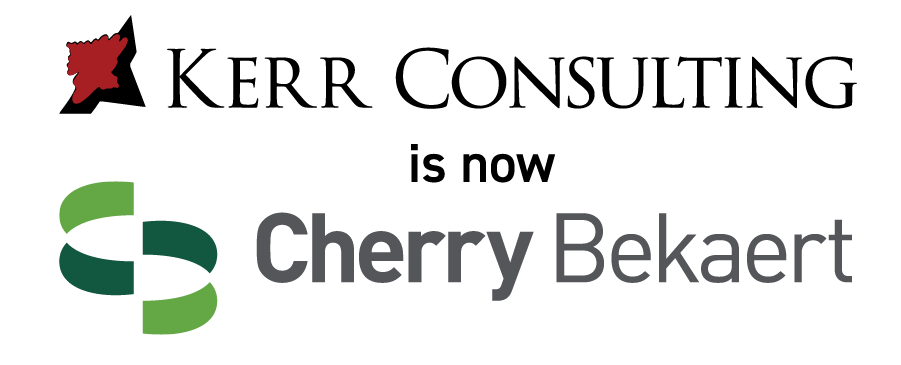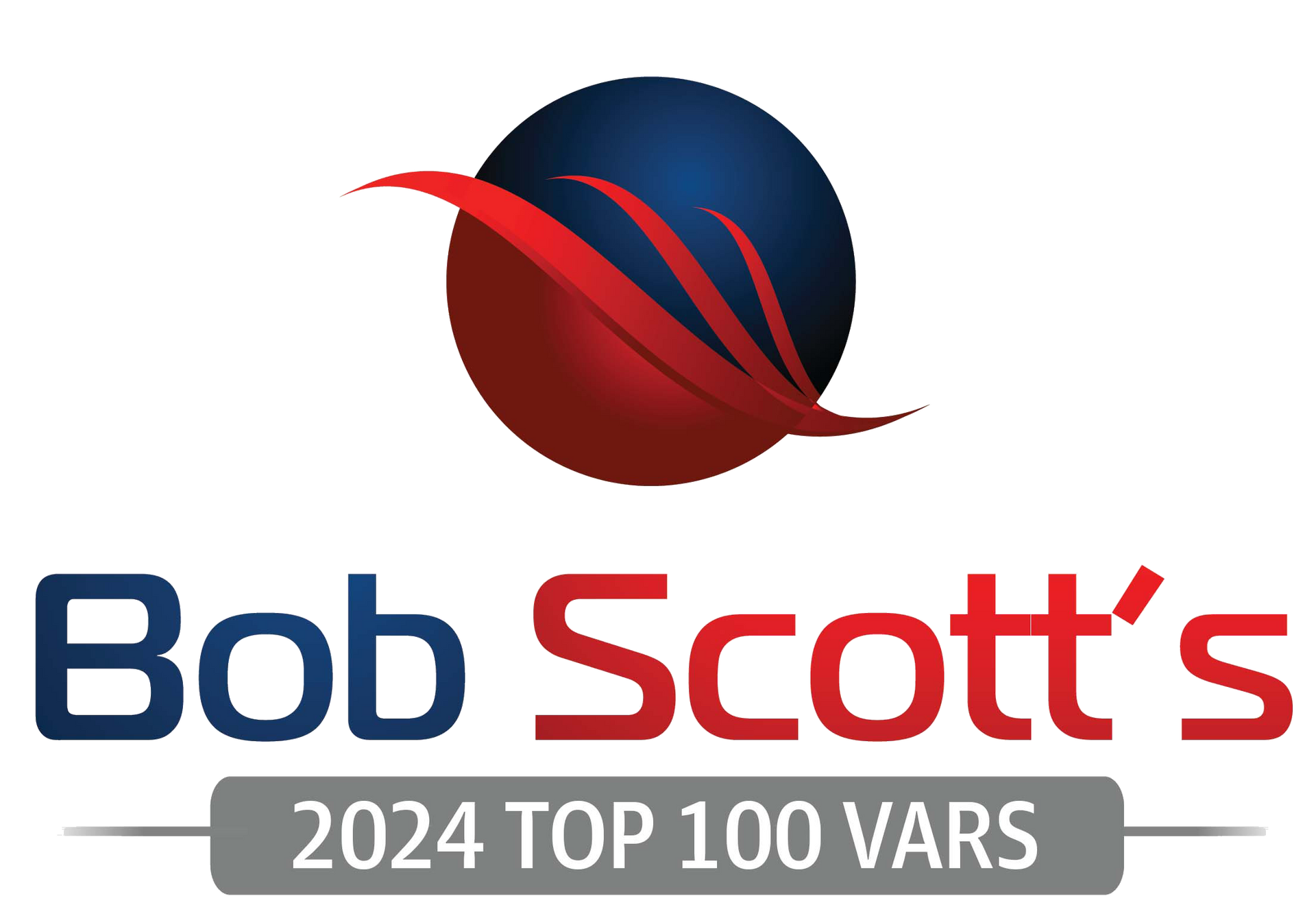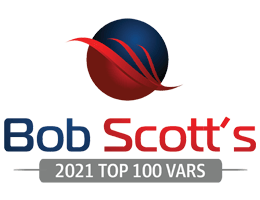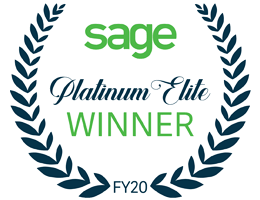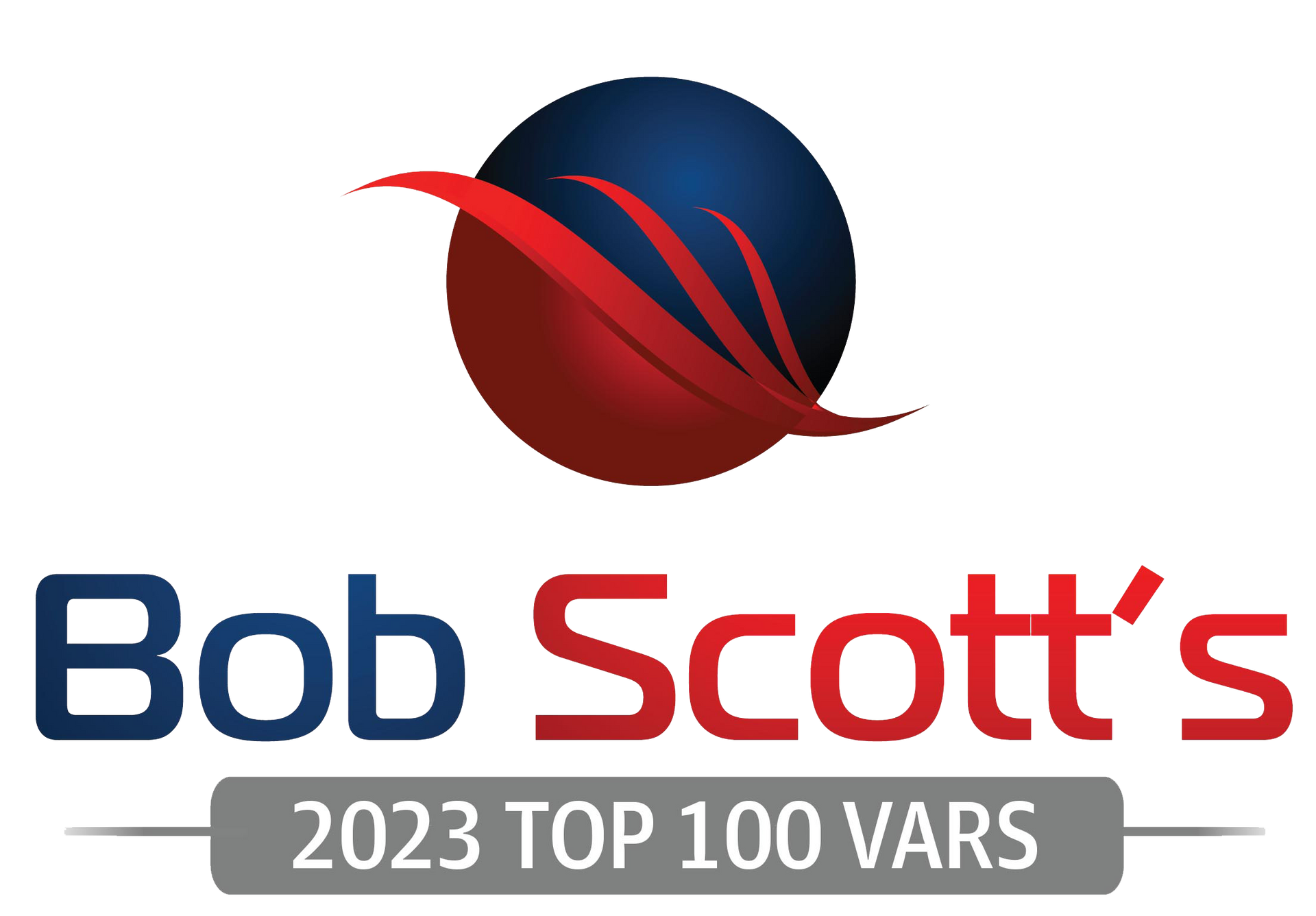Maximizing Profits with Hotel Revenue Management Software

In the competitive world of hospitality, maximizing profits is a top priority.
Hoteliers are constantly seeking innovative ways to optimize their revenue.
One such way is through the use of hotel revenue management software.
This powerful tool leverages data analytics and predictive algorithms to help hotels make informed pricing decisions.
But what exactly is hotel revenue management software?
How does it work, and how can it help hotels increase their profits?
In this comprehensive guide, we will delve into these questions and more.
We aim to provide hotel owners, managers, and industry professionals with a deeper understanding of this essential tool, its benefits, and how to effectively use it to maximize profits.
Hotel Software and Revenue Analytics
Hotel software plays a crucial role in revenue analytics for the hospitality industry. Revenue analytics involves the systematic analysis of data related to a hotel's financial performance to make informed decisions that maximize revenue.
Revenue analytics software in hotels leverages data from various sources such as booking trends, market demand, competitor pricing, and historical performance to provide valuable insights. These insights help hoteliers optimize pricing strategies, forecast demand accurately, and manage inventory effectively.
By integrating revenue analytics into hotel software systems, hoteliers can track key performance indicators (KPIs) like RevPAR, ADR, and Occupancy Rate in real-time. This allows them to monitor the effectiveness of their revenue management strategies and make data-driven decisions to enhance profitability.
In conclusion, hotel software combined with revenue analytics is essential for modern hoteliers to stay competitive in the dynamic hospitality industry. It empowers them to adapt to market changes swiftly, optimize revenue streams, and ultimately maximize profits.
The Evolution of Revenue Management in Hospitality
The concept of revenue management has been a part of the hospitality industry for decades.
Initially, it was a manual process, with hoteliers adjusting room rates based on their intuition and experience.
However, with the advent of technology and the increasing complexity of the hotel market, revenue management has evolved into a sophisticated discipline that relies heavily on data analysis and software tools.
Defining Hotel Revenue Management Software
Hotel revenue management software is a technological solution designed to optimize a hotel's financial performance.
It achieves this by analyzing historical data, market trends, and competitor pricing to make informed decisions about room rates and inventory distribution.
The primary functions of hotel revenue management tools & software include:
- Dynamic pricing: Adjusting room rates in real-time based on demand and other factors.
- Forecasting: Predicting future demand to optimize room availability and pricing.
- Inventory management: Allocating rooms across various distribution channels to maximize revenue.
- Data analysis: Providing insights into market trends, customer behavior, and competitor strategies.
- Integration: Working seamlessly with other hotel systems such as Property Management Systems (PMS) and Customer Relationship Management (CRM) tools.
Key Features of Revenue Management Software
Revenue management software offers a range of features that help hotels maximize their profits.
These features are designed to provide insights into market trends, customer behavior, and competitor strategies.
They also enable hotels to adjust their pricing and inventory distribution in real-time, based on these insights.
The key features of revenue management software include:
- Dynamic pricing
- Forecasting and inventory management
- Real-time data analysis
Dynamic Pricing
Dynamic pricing is a key feature of revenue management software.
It allows hotels to adjust their room rates in real-time, based on factors such as demand, competitor pricing, and market trends.
Forecasting and Inventory Management
Forecasting and inventory management are also crucial features of revenue management software.
Forecasting tools predict future demand, helping hotels optimize their room availability and pricing. Inventory management tools, on the other hand, allocate rooms across various distribution channels to maximize revenue.
Real-Time Data Analysis
Real-time data analysis is another important feature of revenue management software.
It provides hotels with up-to-the-minute insights into market trends, customer behavior, and competitor strategies, enabling them to make informed decisions about room rates and inventory distribution.

Integration with Hotel Management Systems
Hotel revenue management software is designed to integrate seamlessly with other hotel management systems.
This integration allows for the efficient exchange of data between systems, providing a comprehensive view of the hotel's operations.
For instance, integration with a Property Management System (PMS) can provide real-time room availability data, while integration with a Customer Relationship Management (CRM) system can provide insights into guest behavior and preferences.
The Role of Artificial Intelligence and Machine Learning
Artificial Intelligence (AI) and Machine Learning (ML) are increasingly being incorporated into hotel revenue management software. These technologies enable the software to learn from data patterns and make intelligent predictions.
AI and ML can automate complex tasks such as dynamic pricing and demand forecasting. They can analyze vast amounts of data in real-time, identify trends, and make accurate predictions about future demand.
By leveraging AI and ML, hoteliers can make more informed decisions, optimize pricing strategies, and ultimately maximize revenue. These technologies are transforming the way hotels manage their revenue, making the process more efficient and effective.
Measuring the Success of Revenue Management Strategies
The success of revenue management strategies can be measured using various key performance indicators (KPIs). These include metrics such as RevPAR (Revenue Per Available Room), ADR (Average Daily Rate), and Occupancy Rate.
These KPIs provide valuable insights into the effectiveness of your pricing strategies and demand forecasting. They can help you understand how well your hotel is performing in terms of revenue generation and room occupancy.
Regular monitoring and analysis of these KPIs is crucial. It allows hoteliers to identify areas of improvement, make necessary adjustments, and ensure that their revenue management strategies are yielding the desired results.
Case Studies: Revenue Management Software in Action
Case studies provide real-world examples of how revenue management software can significantly improve a hotel's profitability. For instance, a mid-sized hotel in New York City implemented a revenue management system and saw a 6% increase in RevPAR within the first six months.
In another case, a boutique hotel in San Francisco used revenue management software to optimize their pricing strategy. This resulted in a 10% increase in ADR and a 15% increase in overall revenue.
These case studies highlight the tangible benefits of implementing revenue management software. They demonstrate how these tools can help hotels of all sizes and types to maximize their revenue potential.
Selecting the Best Revenue Management Software for Your Hotel
Choosing the right revenue management software for your hotel is a critical decision. It requires a thorough understanding of your hotel's specific needs and a careful evaluation of the various options available in the market.
Key factors to consider include the software's features, ease of use, integration capabilities, customer support, and pricing. It's also important to consider the software's scalability, especially if you plan to expand your hotel operations in the future.
Here are some key points to consider when selecting a revenue management software:
- Does it offer dynamic pricing and real-time data analysis?
- Can it integrate seamlessly with your existing hotel management systems?
- Does it provide comprehensive reporting and forecasting tools?
- Is it user-friendly and easy to navigate?
- Does the provider offer reliable customer support and training?
- Is it scalable and flexible to accommodate your hotel's growth?
- Does it offer good value for money?
By carefully considering these factors, you can select the best revenue management software that will help maximize your hotel's profitability.
Future Trends in Hospitality Revenue Management
The future of hospitality revenue management is set to be shaped by several emerging trends. One of these is the increasing use of artificial intelligence and machine learning in revenue management software. These technologies are enabling more accurate forecasting, dynamic pricing, and real-time decision making, helping hotels to maximize their revenue potential.
Another trend is the growing importance of data privacy and security. As revenue management software collects and processes large amounts of sensitive data, ensuring its security and compliance with data protection regulations is becoming a top priority for hotels. This is leading to the development of more secure and privacy-focused revenue management solutions.
Finally, the integration of revenue management with other hotel operations is expected to become more seamless. This will allow for a more holistic approach to hotel management, where revenue optimization strategies are aligned with other aspects of hotel operations, such as marketing, sales, and customer service. This integrated approach will help hotels to maximize their overall profitability and deliver a superior guest experience.
Conclusion
In conclusion, selecting the best revenue management software for hotels is crucial for optimizing revenue generation and improving overall profitability. Implementing a revenue management system tailored to the specific needs of a hotel can significantly enhance pricing strategies, demand forecasting, and room occupancy.
The use of revenue management software in the hospitality industry is essential for achieving revenue goals and ensuring efficient revenue management for hotels. By embracing future trends such as artificial intelligence, machine learning, data privacy, and seamless integration with other hotel operations, hotels can maximize their revenue potential and deliver exceptional guest experiences.
Learn More: Email Us , Start a Chat, or Call 800-352-4032
More from the blog

